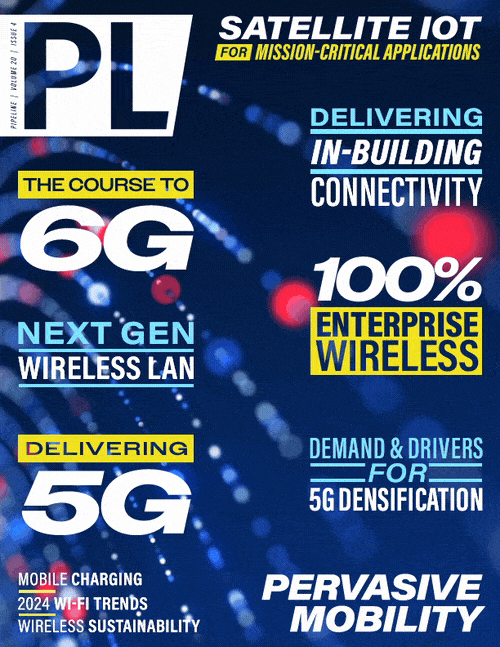How Wireless Charging will Shape
the Future of Connectivity
In addition to the clear cost and practicality benefits, NFC power harvesting also helps ”dematerialize” the connected device ecosystem. Dematerialization is the practice of reducing the volume of materials used and, by extension, waste generated in the production of an object or outcome. It is part of the wider industrial ecology approach to material flow management which aims to reduce the environmental impact a business has.
Charging devices and batteries are often made from materials such as zinc, lithium, or potassium, the extraction of which can have a lasting and damaging impact on the environment. By creating solutions that can borrow the power of another device, the volume of these resources that need to be extracted is significantly reduced, thereby contributing to a more sustainable future for the connected device ecosystem.
Advancing NFC Standards
NFC technology is already proven as one of the most versatile and secure technologies available, with use cases across payments, smart mobility, identity, and more. A large number of users are already familiar and comfortable with the NFC functionality of their smartphones thanks to these use cases, and so unlike some of the alternative wireless charging offers, the implementation of NFC Wireless Charging can be seamless with little to no user education needed. This means that its deployment can be rapid and cost-effective.
NFC also gives product managers unparalleled flexibility in their designs. Alongside the well-established functionalities of NFC, future innovative proposals such as tap to mobile (SoftPOS) payments and multi-purpose tap functionality look set to add even more to the NFC ecosystem. Creating devices that can engage with connected devices like never before is crucial. This will also help drive sustainable, environmentally friendly practices within the circular economy by enabling all connected devices to share data through schemes such as the Digital Product Passport, while also helping dematerialize the ecosystem as fewer batteries and chargers need to be manufactured.
Reaching its Full Potential
Each use case for NFC Wireless Charging brings with it unique requirements, opportunities, and challenges. However, despite these differences, end users will still expect the same seamless, intuitive wireless charging experience. It is therefore crucial to have a reliable baseline that can be implemented by different solution providers to ensure reliability and enable worldwide interoperability between devices.
Trust and consistency between manufacturers and solution providers looking to utilize NFC Wireless Charging is therefore fundamental to its success. The key to achieving this is certification.
The NFC Forum’s NFC Wireless Charging certification program — Test Release 13.1 (TR13.1) — allows manufacturers to certify that their products comply with the NFC Wireless Charging (WLC) 2.0 specification. This assures consumers that products will work as promised and are interoperable with other certified devices, significantly reducing the risk for manufacturers.
This onus on certification and interoperability is only further enhanced by the impending dawn of the next generation of NFC. The promise of combining and delivering a number of NFC functionalities simultaneously through multi-purpose tap has the potential to revolutionize how connected devices interact, and keeping each of these sufficiently charged will be at the heart of conversations.
Meanwhile, proposals to increase power output of NFC Wireless Charging from 1W to 3W have the potential to unlock a raft of new use cases, particularly within the enterprise market. This future for NFC technology is the result of consistent and mutually beneficial industry collaboration between multiple competing stakeholders. As an active technical community of more than 500 member organizations, NFC Forum brings these competitors together to evaluate the long-term needs of the market to enhance connections and capabilities within existing systems and support exciting new innovative use cases that have significant mass market potential.
NFC Forum is driven by its Board - which includes Apple, Google, Huawei, Identiv, Infineon, NXP, Qualcomm, Sony, and STMicroelectronics.
To learn more about the future of NFC, watch the Forum’s Technology Roadmap Webinar.



















